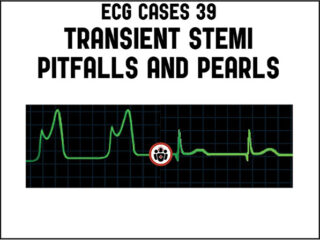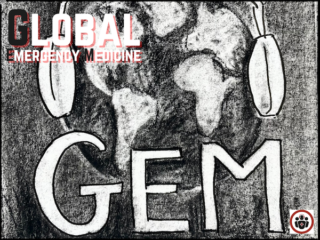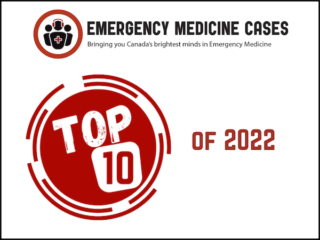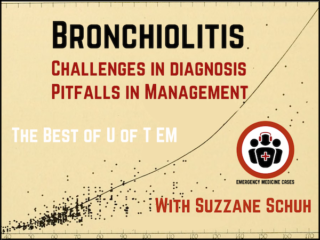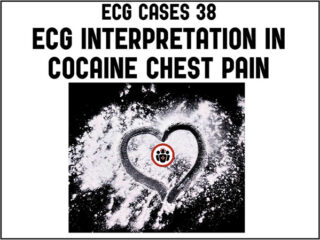Most Recent
ECG Cases 39 – Transient STEMI Pitfalls and Pearls
In this ECG Cases blog we look at 9 patients with possible transient STEMI and discuss pitfalls and pearls in ECG interpretation and management...
Global EM 2: The Emergency Physician – Global Health’s Missing Piece
Dr. Hiren Patel describes the complexities of being a global health practitioner and the skillset that emergency physicians possess giving them the potential to excel in this role on EM Cases' EM GEM blog on Global Emergency Medicine...
Top 10 of 2022 – EM Cases Podcasts & Blogs Highlights of the Year
Based on a blend of number of listens, feedback from listeners, website visits and my personal faves, here is EM Cases Top 10 of 2022...
EM Quick Hits 45 ETCO2 in Cardiac Arrest, Organ Donation, Paraphimosis, Medicolegal Myths, QI Corner
Understanding why ETCO2 is recommended in cardiac arrest with Swami, practical steps to organ donation in the ED with Dr. Andrew Healy, using your hospital food court to treat paraphimosis, rectal prolapse and food bolus obstruction with Dr. Sarah Foohey, QI Corner with Dr. Tahara Bhate, 4 Medicolegal Myths with Dr. Jennifer C. Tang on this month's EM Quick Hits podcast...
Ep 177 Bronchiolitis – Diagnostic Challenges and Management Pitfalls
In this main episode podcast Anton discusses with world expert and bronchiolitis researcher Dr. Suzanne Schuh, the challenges of the diagnosis and management of bronchiolitis during a time of crisis in pediatric emergency medicine and offers some evidence-based solutions to improving outcomes while minimizing valuable resources, as part of our 'Best of University of Toronto EM' series...
ECG Cases 38 – ECG Interpretation in Cocaine Chest Pain
Dr. Jesse McLaren discusses some key aspects of cocaine chest pain ECG interpretation in this month's blog including: Patients with cocaine-associated chest pain require benzodiazepines +/- nitroglycerine for symptom relief, aspirin and ECG to look for signs of occlusion and reperfusion. In patients with chest pain + ST elevation, consider false positive STEMI including early repolarization, LVH and Brugada-pattern. In patients with cocaine chest pain who are STEMI negative, beware STEMI(-)OMI including subtle ST elevation, hyperacute T waves, reciprocal change, and refractory ischemia. For cocaine chest pain patients who's chest pain has resolved, look for reperfusion T wave inversion, as this may put them at risk for reocclusion.

